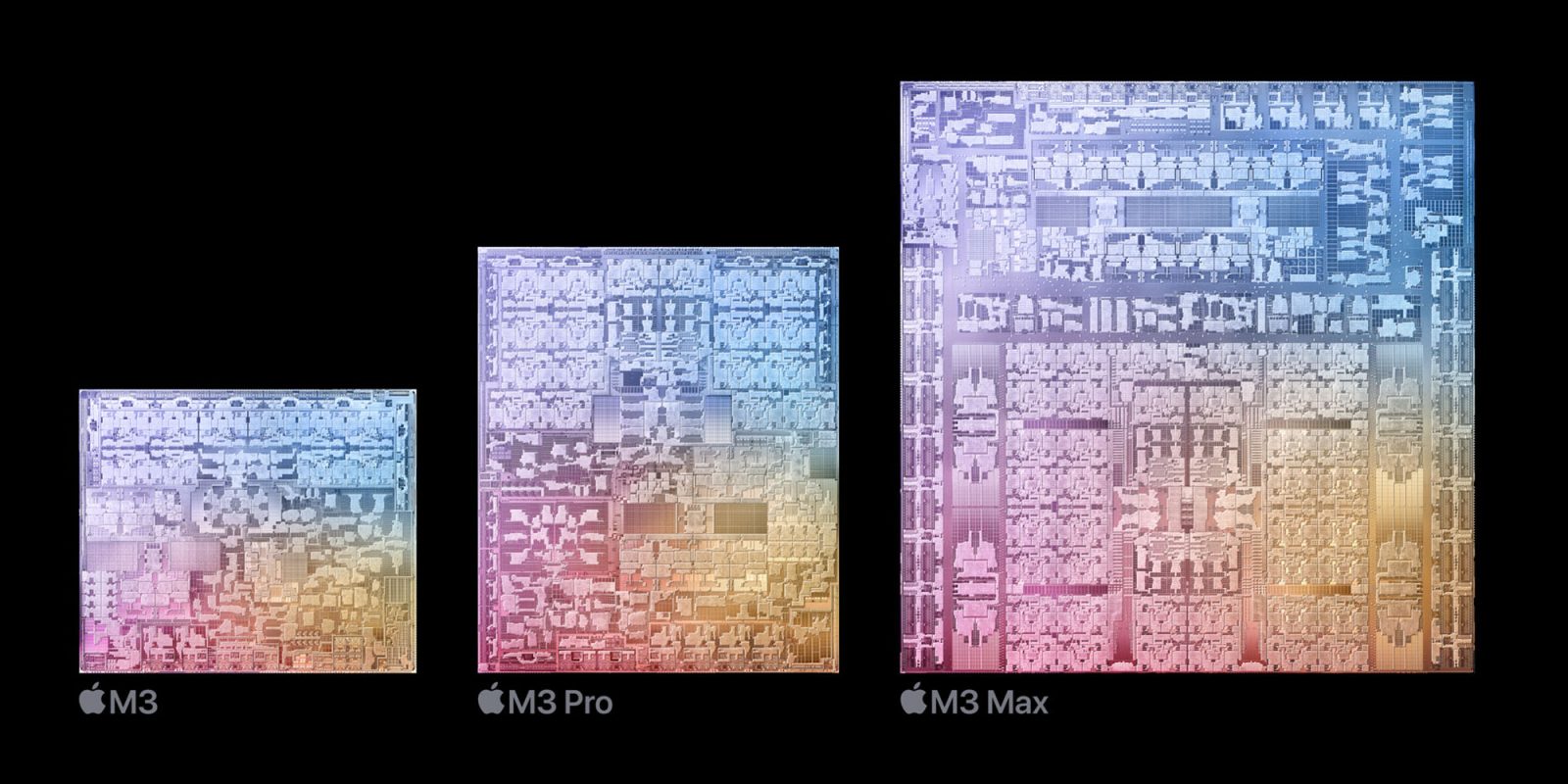

While critics might say Apple is falling behind in the AI race, there’s one area where the Cupertino company has led the way: on-device AI processing using the Neural Engine in its iPhone, iPad, and Mac chips.
Market intelligence company says it expects Windows PC brands to follow Apple’s lead this year, putting their own equivalent of Neural Engine chips into high-end laptops this year …
The Neural Engine in iPhones, iPads, and Macs
Apple famously takes a cautious approach to new technological developments, aiming to be best, not first.
Whether it’s what were once called phablets, smartwatches, folding phones, AR/VR headsets, or generative AI, Apple typically sits back and lets other companies launch the first products, while it takes its time to launch what it believes is the best implementation.
It’s not uncommon for commentators to criticize the company for being slow to adopt the latest tech, and never has that been more so in the case of AI. While other companies are putting ChatGPT style capabilities into everything from weird boxes with no obvious reason to be hardware rather than software to – and I swear I’m not making this up – bicycles, Siri’s capabilities remain on the basic side.
But as I’ve argued before, Apple has incorporated AI into its devices for well over a decade now – it just hasn’t been very flashy about it.
Key to Apple’s approach is to do as much AI processing as possible on the device, using special chips specifically designed for the process, aka the Neural Engine. This has obvious performance benefits, but carrying out as much processing as possible on-device also supports Apple’s focus on privacy.
A fifth of Windows PCs will get their own AI chips
Canalys says this is one area where other brands will be following Apple’s example. The firm expects around 20% of PCs launched this year to have their own equivalent of neural engine chips.
“To capitalize on the demand uptick, the PC industry will now deliver meaningful innovation through on-device AI capabilities in PCs, with 2024 set to be a bumper year for such devices,” said Ishan Dutt, Principal Analyst at Canalys.
“A slew of announcements from both OEMs and chipset vendors at CES will set the stage for more products to be brought to market later in the year. We expect one in five PCs shipped this year to be AI-capable, incorporating a dedicated chipset or block, such as an NPU, to run on-device AI workloads. Adoption will ramp up quickly thereafter, especially in the commercial sector, where the benefits of on-device AI related to productivity, security and cost management will become a key consideration for businesses.”
By 2027, Canalys forecasts that over 170 million AI-capable PCs will be shipped, with nearly 60% being deployed in commercial settings.
Image: Apple








